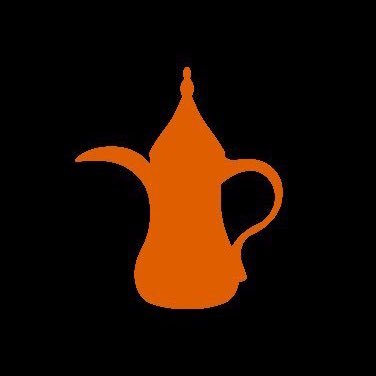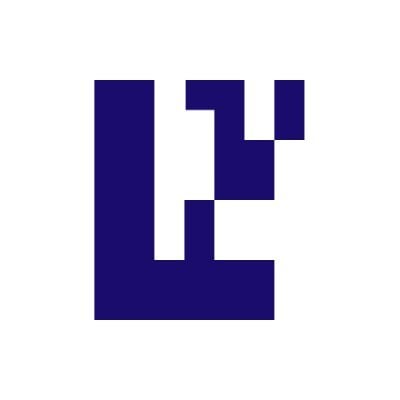The Middle East Restaking project Karak, valued at 1 billion, faces community skepticism despite its luxurious financing background
Written by: Frank, PANews
Recently, the Restaking track has become one of the important narratives in the Layer2 space. From Eigenlayer's TVL rapidly surpassing $10 billion to Ether.fi breaking $3 billion, it has sparked enthusiastic responses in the market. Projects in the Restaking track have almost become the focus of market attention, but Karak, with its luxurious lineup of investment institutions, seems to be an exception.
Karak is a popular milk tea in the Middle East, and this naming highlights its regional background. In December 2023, Karak announced that it had raised $48 million in Series A funding at a valuation of over $1 billion, led by Lightspeed Venture Partners, with participation from Mubadala Capital, existing investors Pantera Capital, Framework Ventures, Bain Capital Ventures, Digital Currency Group, Coinbase, Proof Group, Nima Capital, Naval Ravikant, and others. Notably, Mubadala Capital is the second-largest fund in Abu Dhabi, and most of the other investors are well-known investment institutions in both traditional and crypto circles. However, it is worth mentioning that Nima Capital had sold a large amount of its held tokens and properties last year, leading the community to question it as a "rug."
On February 28, Karak announced the launch of an early access program, allowing users to restake on Karak to earn XP points, but the response was lukewarm. On April 8, it opened a private channel, and as of April 9, Karak's total TVL was $10 million. This level of TVL seems "incongruous" with its luxurious backing, and voices of doubt have been continuously emerging on social media.

According to the official introduction, Karak is a universal restaking network, similar to other restaking projects like Eigenlayer, and also uses a points system to incentivize users to restake for multiple returns. Currently, Karak supports various mainstream protocol assets for restaking on networks such as Ethereum mainnet, Arbitrum (L2), and K2 (L2). Its team members come from companies like Coinbase, Google, AWS, Microsoft, Twitter, and Goldman Sachs.
At present, the TVL on Karak is about $10 million, which is a huge gap compared to EigenLayer ($13 billion) and ether.fi ($3 billion). On one hand, this may be because Karak is still in the early access program phase. But more likely, the reason comes from the community's many doubts about the project's background.

According to IAN (@cryptoian), a Twitter KOL, the team behind Karak is the Risk Harbor team, which was an asset risk insurance provider in the Terra ecosystem. This project previously ranked second in TVL within the Terra ecosystem and suffered heavy losses during the Terra collapse. Meanwhile, Twitter user @RayRaspberry1 stated that the team allegedly siphoned off 200 million UST (worth $7 million) from the community during their exit from Terra.

Karak's CSO (Chief Strategy Officer) Victor Cheng responded on Twitter, stating that the funds were granted to the Risk Harbor Foundation as collateral for a $1 billion issuance by the Terra Foundation for their risk pool. After the collapse of UST, to prevent further losses, the Risk Harbor Foundation sold $6 million worth of UST from the initial allocation. These funds are currently designated for the insurance fund of the initial recalibration cost pool.

Perhaps to sever ties with past controversies, Risk Harbor has been renamed Andalusia Labs. Andalusia Labs has launched three products: Karak (layer2 network), Subsea (digital asset risk management market, formerly Risk Harbor), and Watchtower (digital asset institutional security platform).
However, it is clear that such a response has not completely dispelled the community's doubts about Karak. One user commented, "All their posts are about earning XP points through restaking. They have never mentioned progress, construction, technology, ecosystem development, etc." As of now, Karak's Telegram channel has about 5,700 members, which seems inconsistent with its multi-million dollar funding. Additionally, the detailed plans for the use of the XP points on the platform have not yet been disclosed. For Karak to increase its TVL, the first step may be to eliminate the "public relations crisis."




























